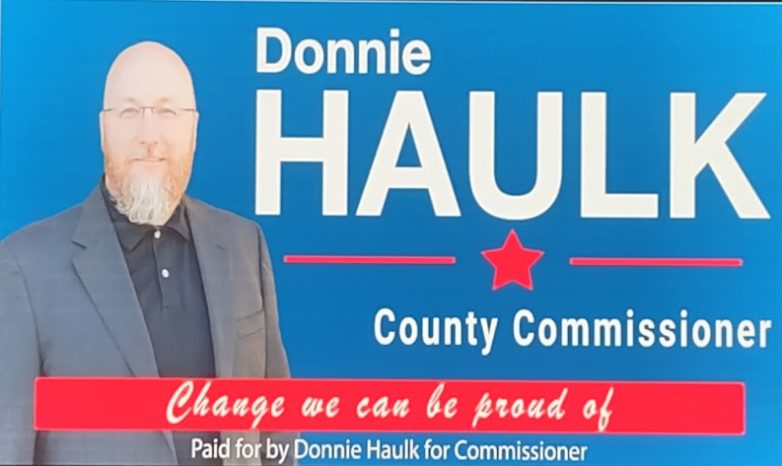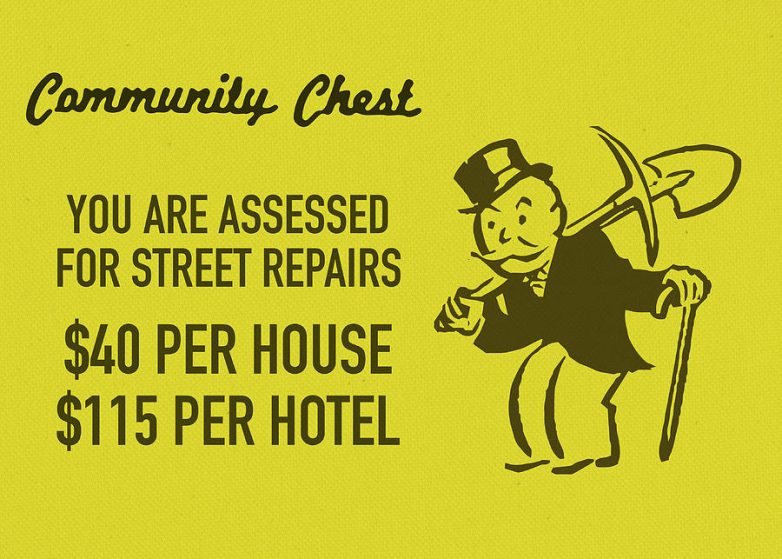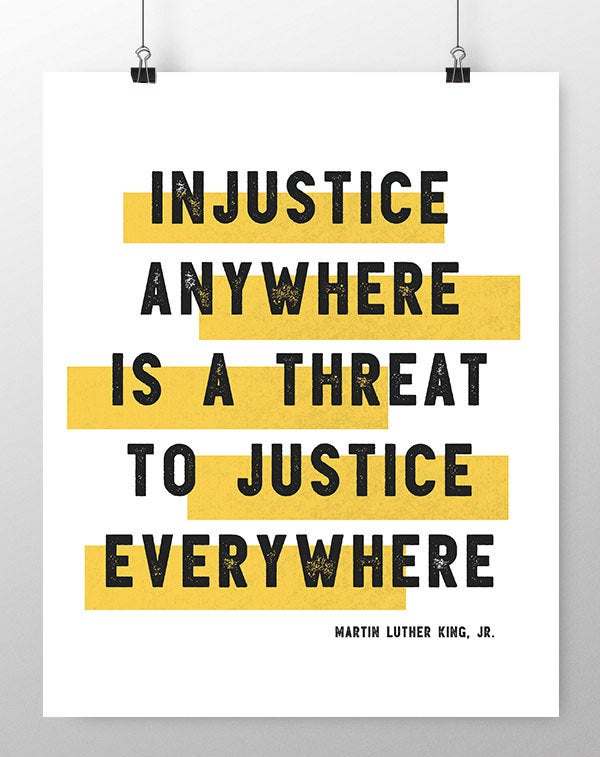Author: Gayle Clayton, BS, MA
County Commissioner Candidate Donnie Haulk Kicks off Campaign
County Commissioner Candidate Donnie Haulk kicked off his political campaign in 138 Park Square in […]
Former Freightworks Workers File Suit
An amended complaint by the former workers at NC trucking company Freightworks LLC was filed […]
County Commissioners Request Set Aside of Recent Property Revaluations
Due to a tremendous amount of erroneus information on the valuation, tax, credit and appeals […]
Freightworks Transportation & Logistics Closing
FreightWorks Transportation & Logistics (FreightWorks), an asset-based truckload carrier, is a small family-owned business headed […]
Editorial: Blind Injustice
No judge or clerk of court ever accused, charged or convicted lawyers Krinn Evans or […]
PW special report: Religious conservatives showcase close bond with NC Republican leaders
By Joe Killian NC POLICY WATCH – 10/19/2022 l Gary Miller, field director for the American Renewal […]
Advisory: Forest City Police seeks assistance in identifying larceny suspects
Forest City Police seeks assistance in identifying larceny suspects from an incident that occurred on […]
Two charged in overdose death
Investigators with the Rutherford County Sheriff’s Office have charged two people in connection to an […]
State Capitol to Host Exhibit ‘Darshana: A Glimpse into Hindu Civilization’
Natural and Cultural Resources The North Carolina State Capitol will host the traveling exhibit “Darshana: […]







